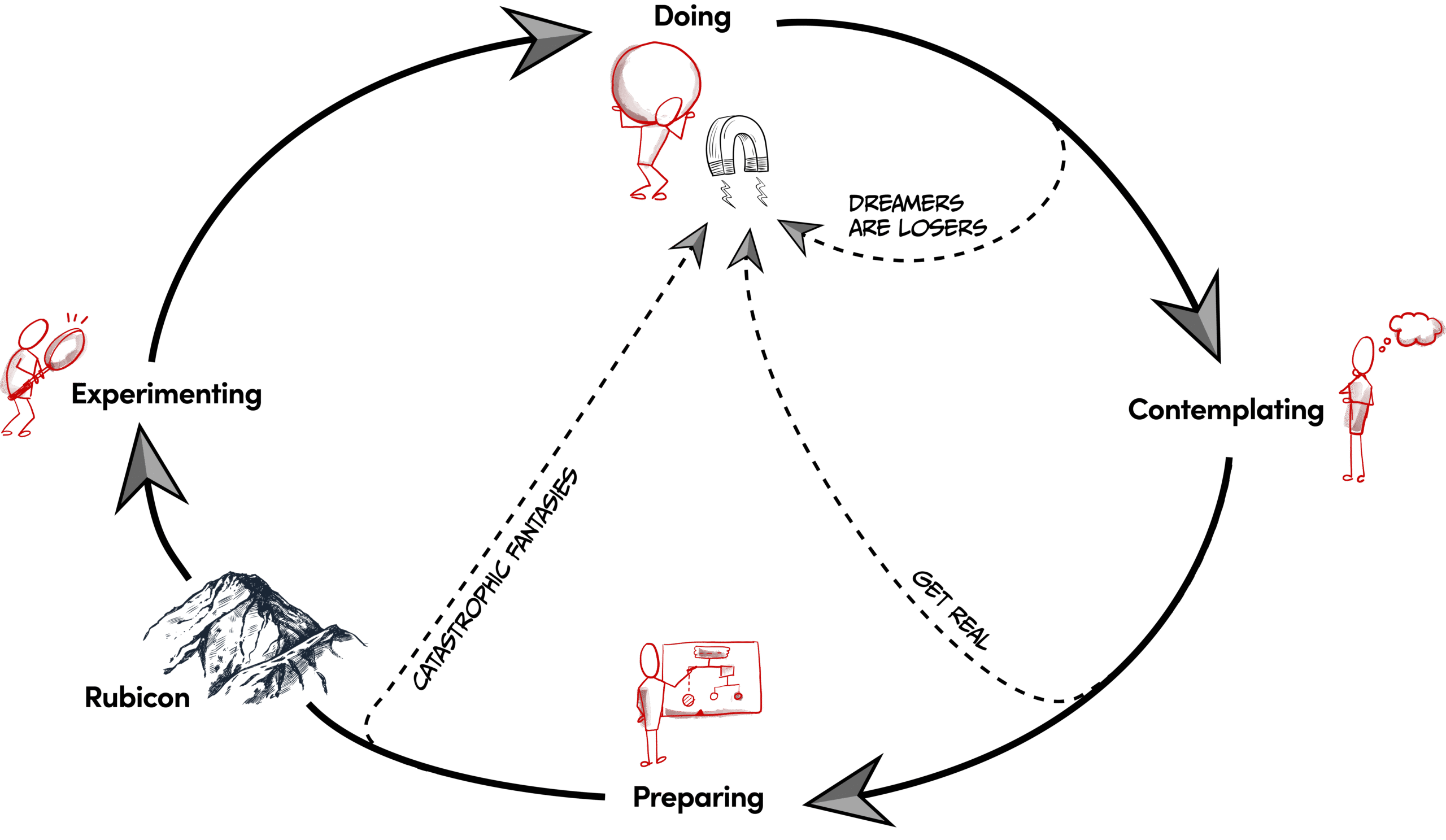Now Reading: Why Tracking Your Weekly Spending Could Save You More Than Just Money
-
01
Why Tracking Your Weekly Spending Could Save You More Than Just Money
Why Tracking Your Weekly Spending Could Save You More Than Just Money

Most people know they should manage their money better—but few actually track where it goes week to week. The truth is, weekly spending check-ins can reveal patterns, plug leaks, and even lower stress around money. It’s not about obsessing over every rupee. It’s about taking control, one week at a time.
Understanding Where Your Money Disappears
Small daily expenses often fly under the radar. A few online orders, two extra coffees, or random delivery charges may seem harmless, but they add up quickly. By checking your spending weekly, you catch these leaks early before they snowball into bigger problems by month-end.
This habit is especially useful in Tier 2 cities where fixed salaries meet rising lifestyle costs—OTT subscriptions, fuel, EMIs, tuition fees, weekend outings—everything adds up.
Makes Budgeting Simpler, Not Scarier
Instead of treating budgeting like a monthly headache, weekly tracking breaks it into smaller, manageable chunks. You don’t wait till the end of the month to realise you overspent. Weekly reviews allow you to make quick adjustments—cut back on one area and balance things out without panic.
It’s less about restriction and more about staying aware.
Helps Build Smarter Habits
When you track spending every week, you start noticing trends: what triggers your impulsive purchases, which areas consistently go over budget, and which are non-negotiable. This kind of clarity builds better financial discipline over time.
Eventually, you won’t need to “cut down” aggressively. You’ll just naturally start spending with more intention.
Reduces Anxiety Around Money
Money stress is real. Whether you’re earning ₹10,000 or ₹1 lakh, it’s not about how much you make—it’s about how well you manage it. Weekly tracking gives you clarity and confidence. Instead of wondering “Where did all my money go?” you’ll know exactly where it went.
This mental peace is underrated, especially for working professionals and young families managing tight budgets.
Easy to Start, Easier to Stick To
You don’t need fancy apps or spreadsheets. A basic notebook, weekly reminder, and 15 minutes every Sunday is enough. Once you see how useful it is—even for one month—you’ll want to keep it going.
Conclusion
Weekly spending tracking isn’t a finance expert’s trick—it’s a simple, effective habit anyone can build. For people living in Tier 2 cities juggling rising costs with limited income, it can be a game-changer. You don’t need to wait for a financial crisis to start paying attention. Start this week—and watch how quickly it pays off.

























